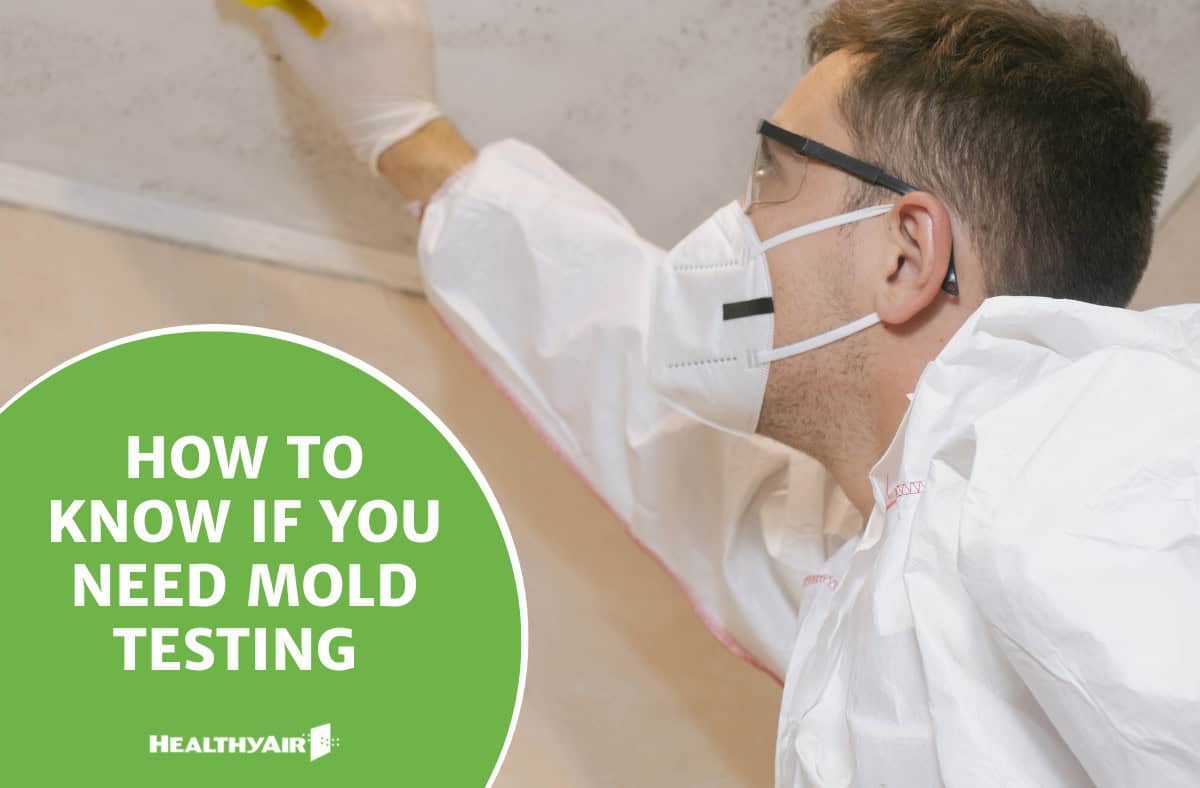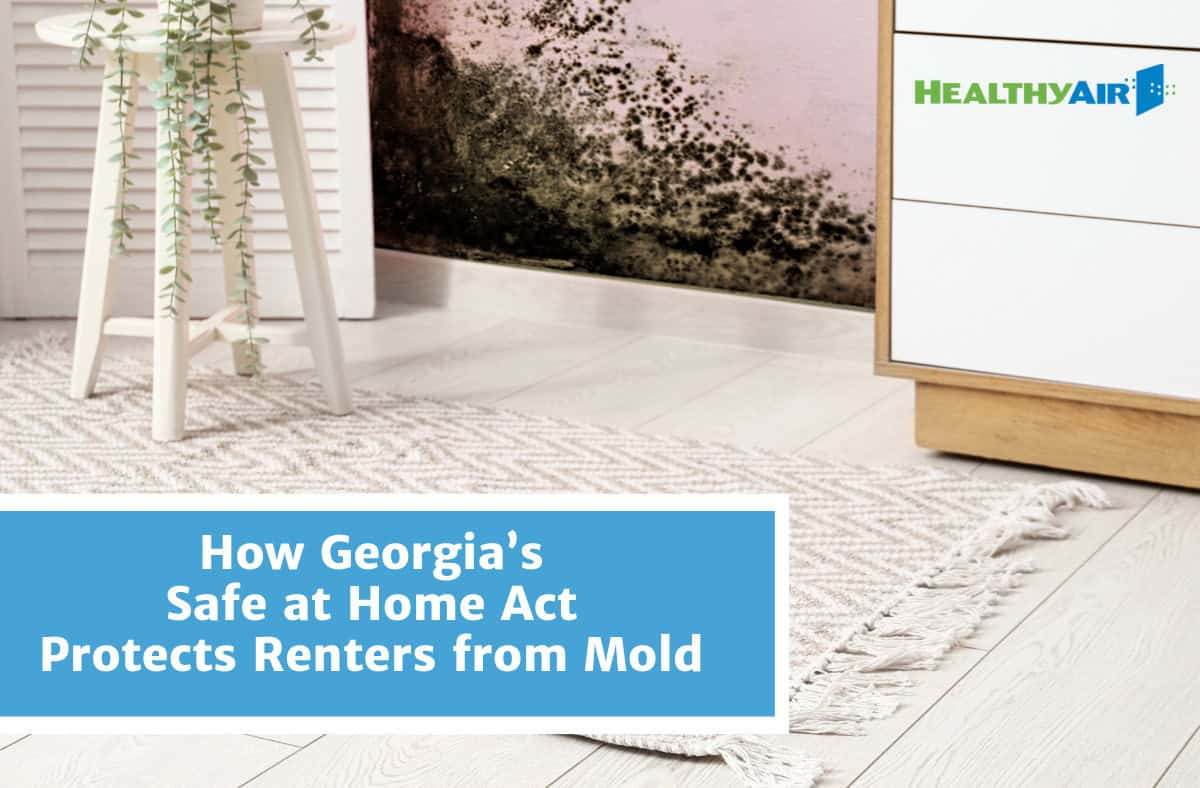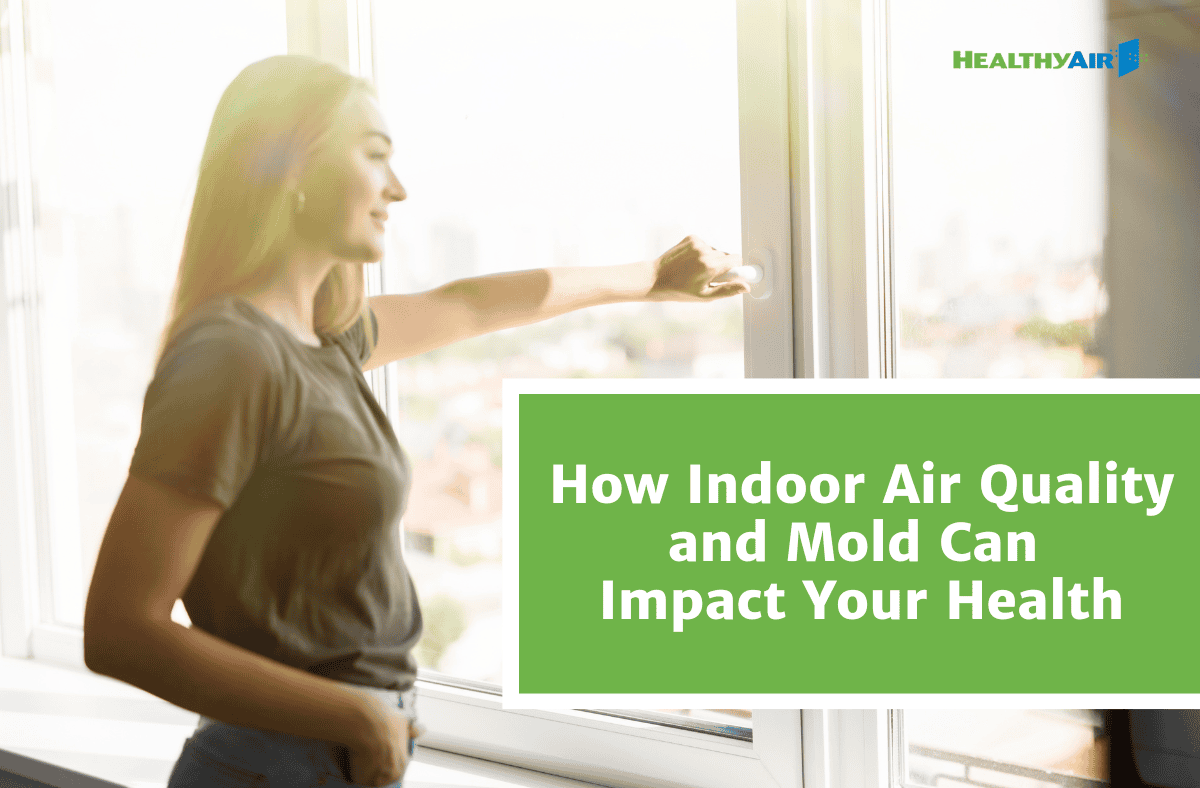Managing Dust Mites in the Home
Managing dust mites and other airborne contaminants is a vital step in maintaining optimal air health in your home. The good news is…
Managing Dust Mites in the Home
Managing dust mites and other airborne contaminants is a vital step in maintaining optimal air health in your home. The good news is that quite often some simple steps go a long way.
- Ventilating your home by opening doors and windows may be counter-productive for people with seasonal allergies.
- Therefore, it’s important to properly maintain and clean heating and air conditioning units, humidifiers, and dehumidifiers.
- Also, homes with ductwork can benefit from replacing standard mesh filters with those that boast improved performance.
In the quest for Air Health, it’s also important to:
- Remove pets from the home or keep them out of sleeping quarters. Cats kept in the home should be washed weekly to reduce the allergen level.
- Vacuum with high efficiency filter vacuums or central vacuum systems to remove dusts that may harbor allergens.
- Install hardwood or vinyl floors instead of carpet to reduce allergen accumulation.
- Use air cleaning devices to lower the levels of biological contaminants.
Beneficial facts can also be found in some of the common question asked about dust mites:
Can I install a dehumidifier in a single room (such as a bedroom) and achieve the same results for that room?
Yes, to some degree, however the humidity from the rest of the house will overwhelm the efforts to dehumidify one room and therefore eventually don’t reduce allergen levels significantly.
Why is 50 percent relative humidity so critical in the fight against dust mites?
The survival of adult dust mites is limited to 4 to 11 days if relative humidity is below 50 percent. Dust mites in the protonymph stage can survive in this dormant larval stage for several months waiting for high humidity conditions to return.
Why do you recommend setting thermostats to the “On” position rather than “Auto” when bio systems are installed?
Continuous fan operation has been recommended by HVAC professional for years for optimum occupant comfort. This is even more important when Central Air Purifiers are used, to provide continuous, 24-hour-a-day air cleaning. If an HVAC system is set to the “auto” mode, the fan will run the least often in the spring and fall months, the times of year when outdoor allergen levels are typically the highest. Continuous operation is even more important for bio units equipped with UV lamps, as frequent on/off cycling can significantly reduce lamp life.



